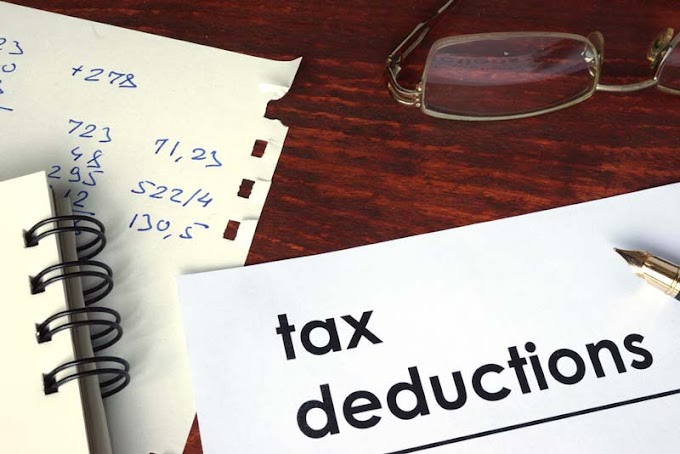If you're struggling with multiple debts, it can be hard to keep track of payments and interest rates. Consolidation can help you achieve debt-free living by simplifying your payments and potentially reducing your interest rates. In this article, we'll explore the different types of consolidation and how they can help you achieve financial freedom.
What is consolidation?
Consolidation is the process of combining multiple debts into one single payment. This can be done through a consolidation loan, which pays off all of your debts and replaces them with a single loan with a lower interest rate. Another way to consolidate debt is through a debt management plan, where you work with a credit counseling agency to come up with a plan to pay off your debts over time.
Consolidation loan
A consolidation loan is a type of personal loan that is used to pay off multiple debts. This can include credit card debt, medical bills, personal loans, and more. The loan pays off all of your debts, leaving you with one single loan to pay back. This can simplify your payments and reduce the amount of interest you pay overall.
Consolidation loans are typically unsecured, meaning that you don't need to put up collateral. Interest rates on consolidation loans are generally lower than the interest rates on credit cards, so it can save you money in the long run. However, you should be aware that consolidation loans may have longer repayment terms than credit cards, meaning that you may end up paying more in interest over time.
Debt management plan
A debt management plan is another way to consolidate your debts. This type of consolidation is typically used for credit card debt and works by consolidating all of your credit card payments into one single payment. You work with a credit counseling agency to come up with a plan to pay off your debts over time. The agency will negotiate with your creditors to lower your interest rates, which can save you money on interest over time.
A debt management plan is a good option if you have a lot of credit card debt and are having trouble making the minimum payments. However, it's important to note that a debt management plan may have a negative impact on your credit score, as it will be reported to the credit bureaus.
How does consolidation help you achieve debt-free living?
Consolidation can help you achieve debt-free living by simplifying your payments and potentially reducing your interest rates. By consolidating your debts, you'll only have to make one single payment each month. This can make it easier to keep track of your payments and budget your money.
Additionally, consolidation can help you save money on interest over time. By consolidating your debts, you may be able to reduce your interest rates. This can result in you paying less in interest over the life of your loan, which can help you pay off your debts faster.
Another benefit of consolidation is that it can help you avoid late fees and penalties. When you have multiple debts, it can be easy to miss a payment or pay late. This can result in late fees and penalties, which can add up over time. By consolidating your debts, you'll only have to make one payment each month, which can make it easier to avoid late fees and penalties.
Consolidation can also help you achieve debt-free living by giving you a clear plan to pay off your debts. When you consolidate your debts, you'll be able to see the total amount of debt you have and the total amount of interest you'll pay over time. This can help you come up with a plan to pay off your debts and achieve financial freedom.
Cons olidation can also provide you with a sense of control and organization over your finances. When you have multiple debts, it can be hard to keep track of payments and interest rates. This can lead to feelings of stress and anxiety. By consolidating your debts, you'll be able to see all of your debts in one place, which can help you feel more in control of your finances.
It's important to note that consolidation is not a magic solution and it's not right for everyone. Before you decide to consolidate your debts, it's important to consider your current financial situation and goals. You should also be aware that consolidation loans or debt management plans may have negative impact on your credit score.
If you're considering consolidation, it's a good idea to speak with a financial advisor or credit counselor to help you decide if it's the right choice for you. They can help you understand the pros and cons of consolidation and come up with a plan to achieve debt-free living.
In
conclusion, consolidation can be a powerful tool for achieving debt-free
living. By consolidating your debts, you can simplify your payments, reduce
your interest rates, and have a clear plan to pay off your debts. It's
important to consider your current financial situation and goals before
deciding to consolidate your debts and to seek professional advice if needed.
With the right approach and commitment, debt-free living is within reach.







